AIT Hosts International Workshop on Climate-Smart Agriculture in Highlands
31 October 2024: The Asian Institute of Technology (AIT) hosted a two-day international workshop titled “Climate-Smart Agriculture in Highlands: Best Practices and Lessons Learned” on October 29 and 30, 2024. The event brought together over 100 experts, policymakers, development partners, academics, and progressive farmers to discuss climate-smart agricultural solutions tailored to highland environments.

This workshop was part of the Asian Development Bank’s (ADB) Technical Assistance (TA) initiative, launched in June 2020, with funding from the Japan Fund for Prosperous and Resilient Asia and the Pacific. The initiative supports Thailand’s efforts in enhancing climate change adaptation and resilience in highland agriculture. The TA aims to reduce climate vulnerabilities, improve food security, and support economic recovery, especially in response to the COVID-19 pandemic. Key interventions include climate-smart water and soil management, digital traceability solutions, and bio-circular economy practices, all piloted in Nan Province.
The event fostered dialogue among stakeholders, sharing best practices in climate-smart agriculture (CSA) while developing actionable strategies to boost highland agricultural competitiveness. Discussions were centered around four core themes, each addressing critical challenges and innovative solutions for highland agricultural systems.
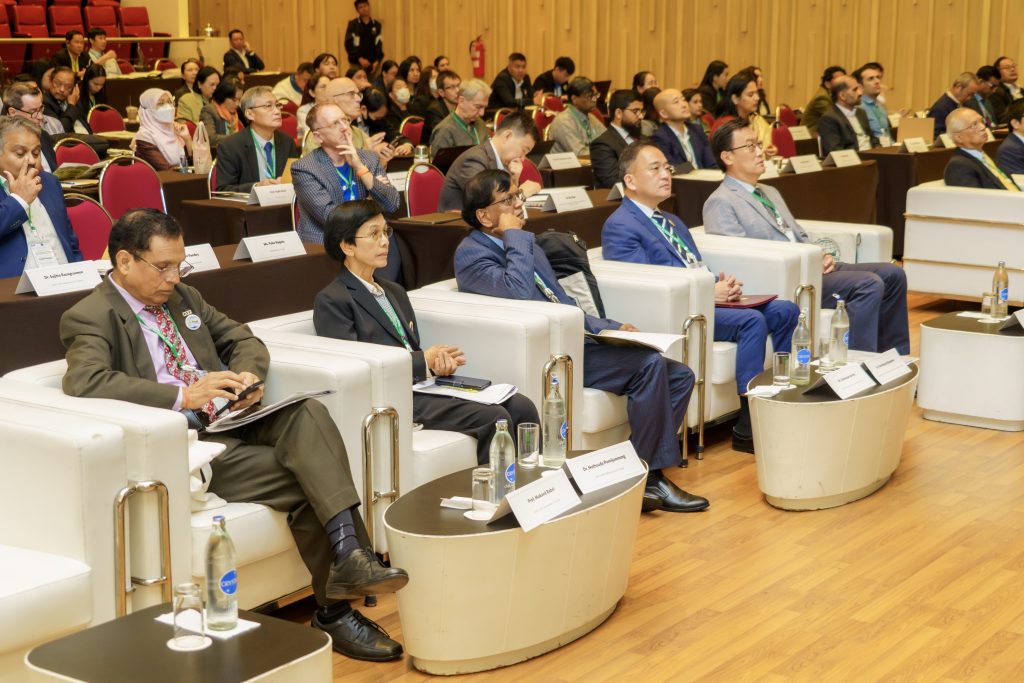
Distinguished guests opened the event with welcoming remarks. Dr. Kanjana Kwanmuang, Deputy Secretary-General of Thailand’s Office of Agricultural Economics, and Dr. Srinivasan Ancha, ADB Principal Climate Change Specialist, highlighted the importance of collaborative efforts in addressing climate challenges. Prof. Pai-Chi Li, President of AIT, reaffirmed the institute’s commitment to climate resilience. Representatives from the Japanese Embassy and Thailand’s Ministry of Agriculture and Cooperatives emphasized the international support and regional significance of the initiative. Dr. Nathsuda Pumijumnong and Prof. Mukand Babel provided an overview of the TA and workshop objectives.
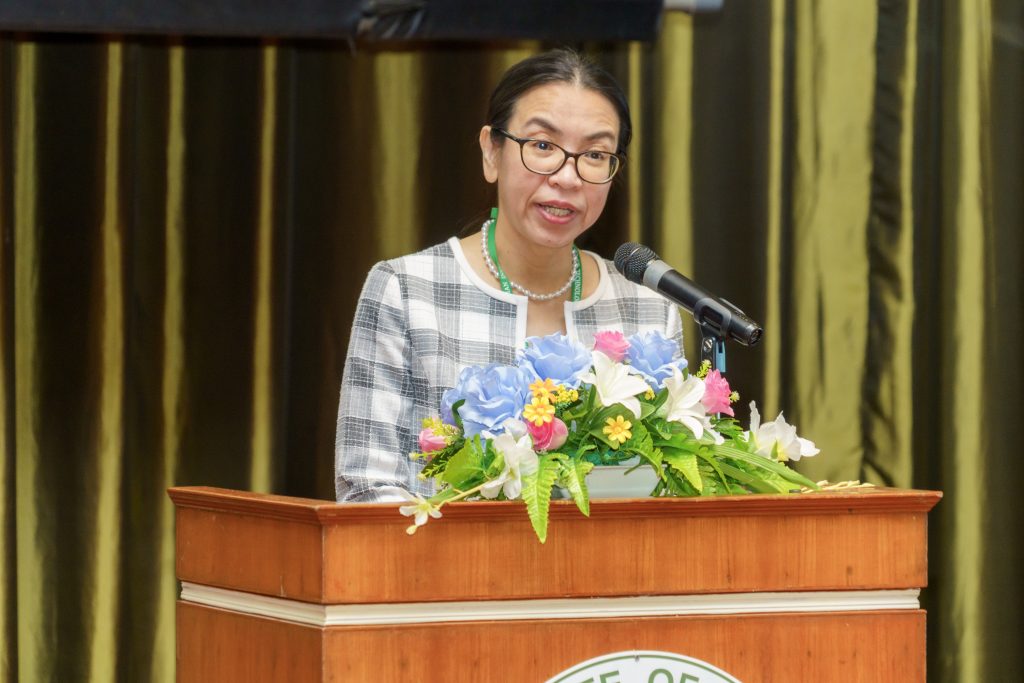
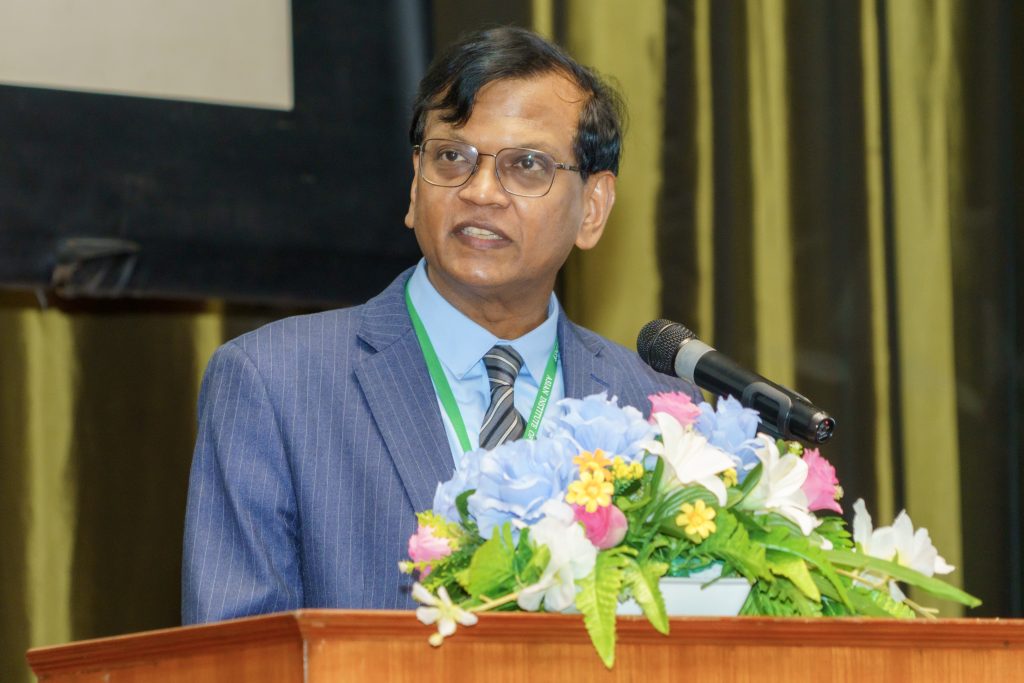
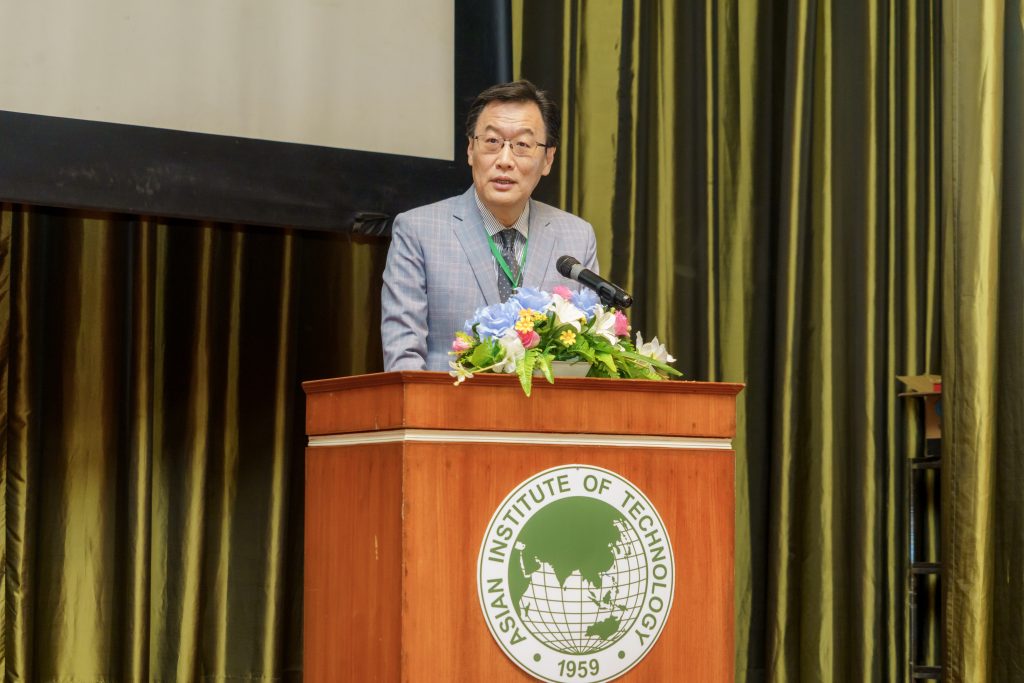
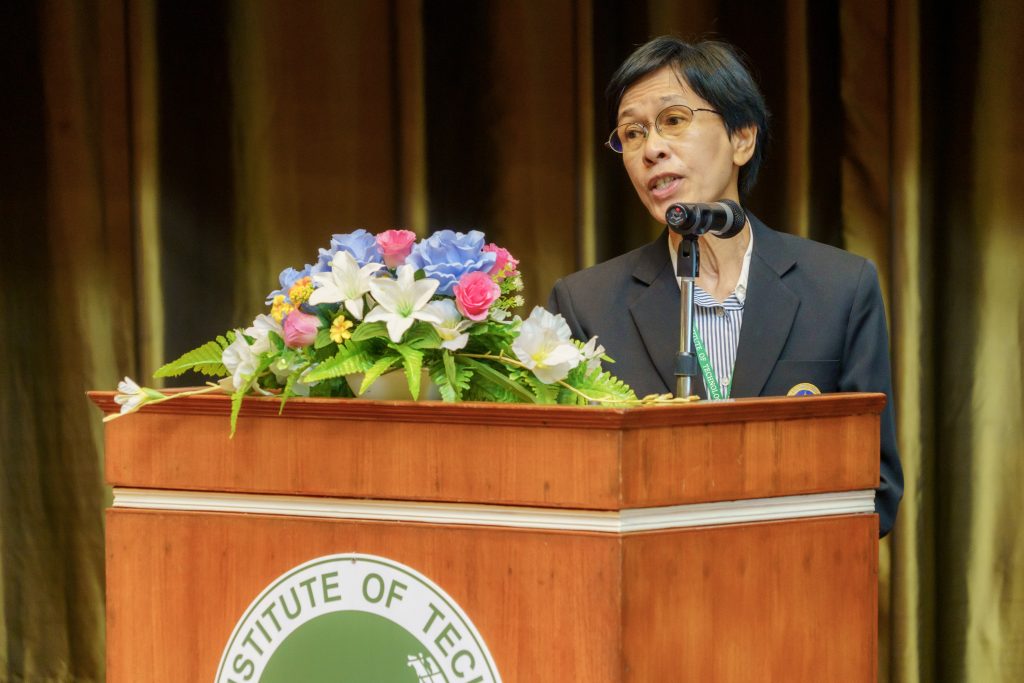
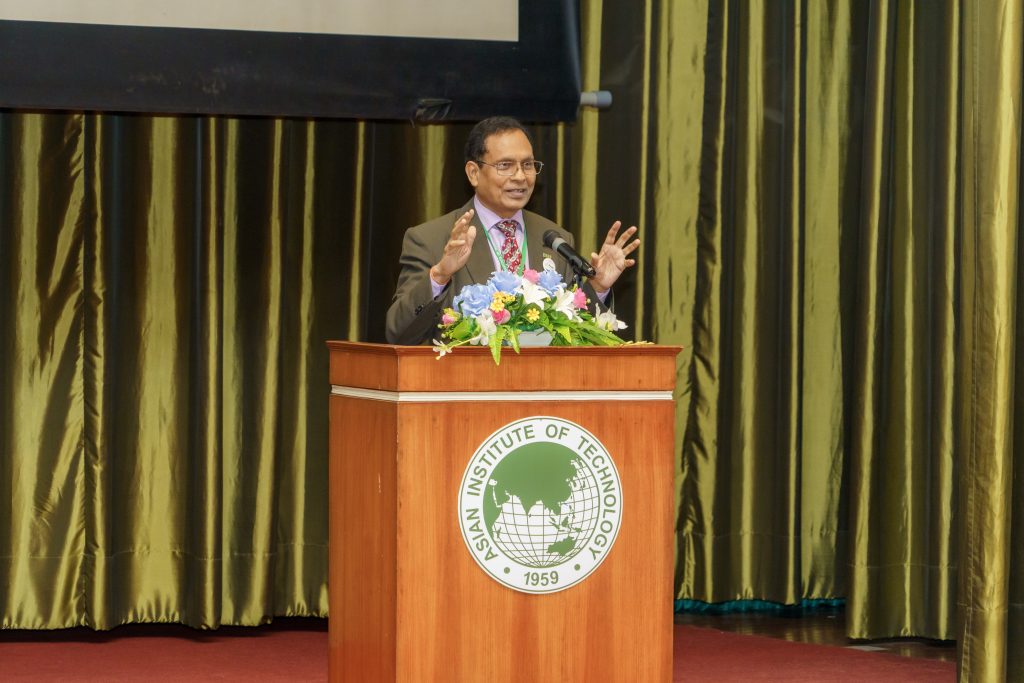
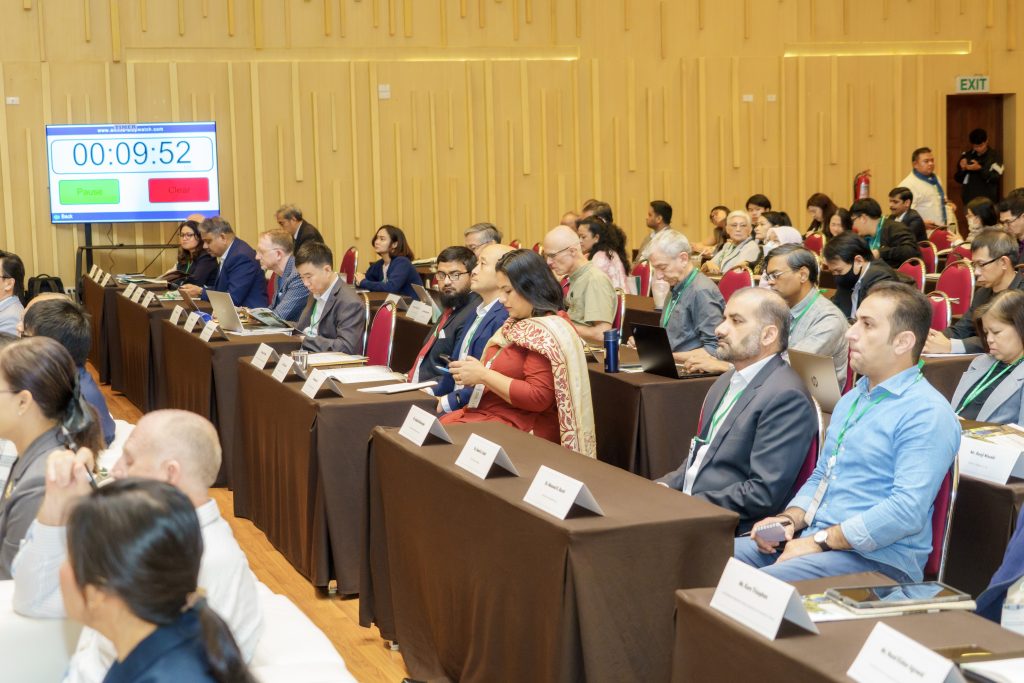
The workshop featured thematic sessions, each comprising expert presentations and interactive panels:
Session 1: Gender-Conscious Climate Vulnerability Assessments
This session focused on assessing vulnerability and adaptive capacity in highlands, addressing socio-economic disparities, erratic weather patterns, and climate impacts. It recommended integrating local knowledge with CSA practices and gender-sensitive solutions, integrating climate data with local practices to build resilience.
Session 2: Climate-Smart Agricultural Technologies and Practices for Highlands
Discussions centered on CSA technologies such as solar irrigation and biochar. The session highlighted the need to demonstrate the economic benefits of these innovations to encourage widespread adoption. Challenges like limited CSA awareness and policy gaps were addressed, with an emphasis on financial incentives and subsidies to promote engagement.
Session 3: Agricultural Product Quality, Value Chains, and Digital Innovations
This session explored agricultural product quality and digital traceability technologies like blockchain for secure data and AI-driven decision-making. Recommendations included enhancing supply chain efficiency, scaling CSA technologies, and implementing supportive policies to improve traceability and market access for high-value crops.
Session 4: Community Capacity and Knowledge Building
The session emphasized gender-conscious CSA adoption through community engagement and participatory frameworks. Key strategies included capacity building via local institutions and addressing gender inequalities. It highlighted the interconnected nature of socio-economic and environmental outcomes, suggesting models for scaling sustainable practices and socio-economic improvement.
Three special sessions were also held. The first two featured farmers from Nan Province sharing their experiences of the TA’s pilot demonstrations, including keyline water management, solar irrigation and biochar soil enhancement, organic agriculture with a Participatory Guarantee System (PGS), circular agriculture, sustainable waste management, and Farm-To-Fork traceability solutions. The third session was a panel discussion on investment planning for climate-smart agriculture in the highlands, featuring experts from the Thai government, development partners, and the private sector.
The workshop underscored the critical need for bankable synergistic solutions that balance climate adaptation, financial viability, and environmental sustainability. Participants stressed the importance of collaborative, multi-stakeholder approaches and practical designs that deliver both short-term benefits and long-term resilience. The event concluded with a call for creating a supportive ecosystem for scalable, market-based solutions, robust policy frameworks, and strengthening local capacities through practical demonstrations and training. It emphasized that meaningful progress in CSA requires evolving practices, policy alignment, and a strong commitment from all stakeholders to drive impactful and lasting change.
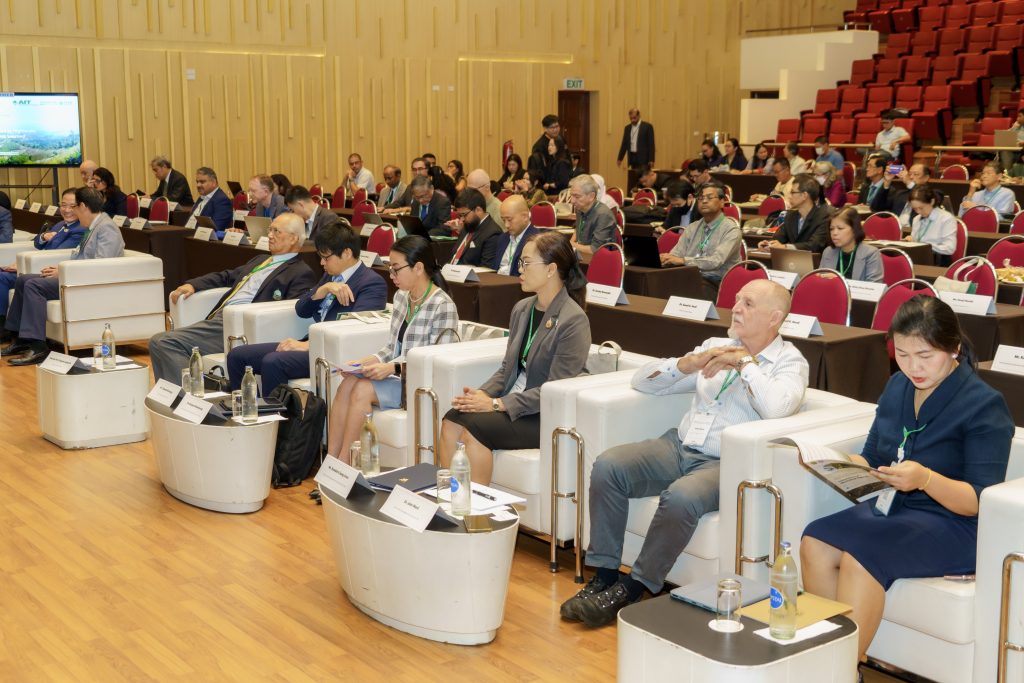
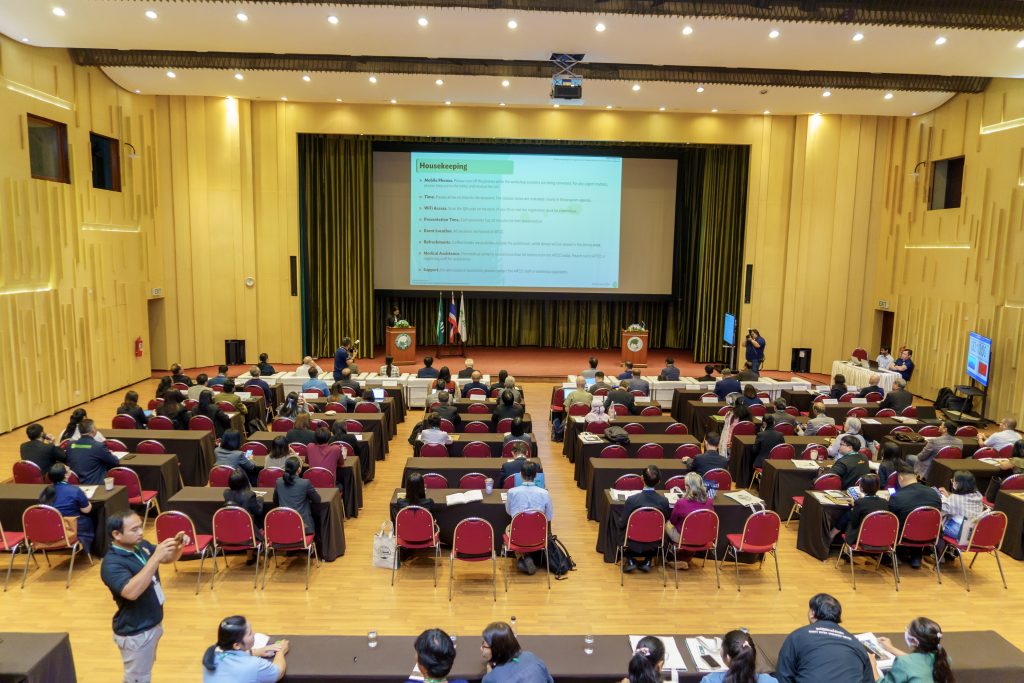
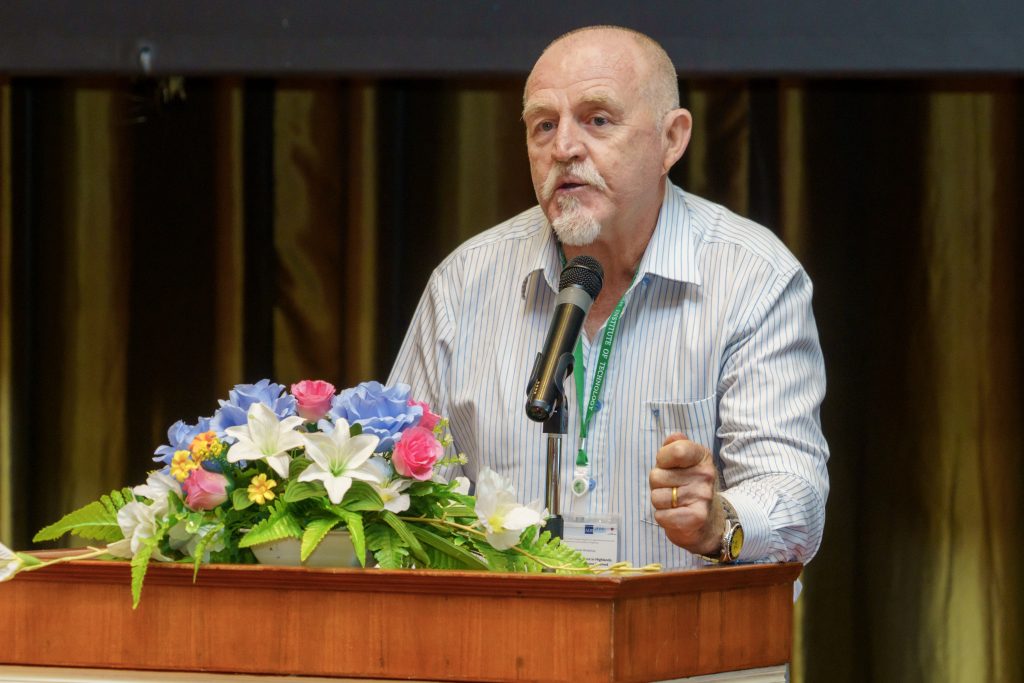
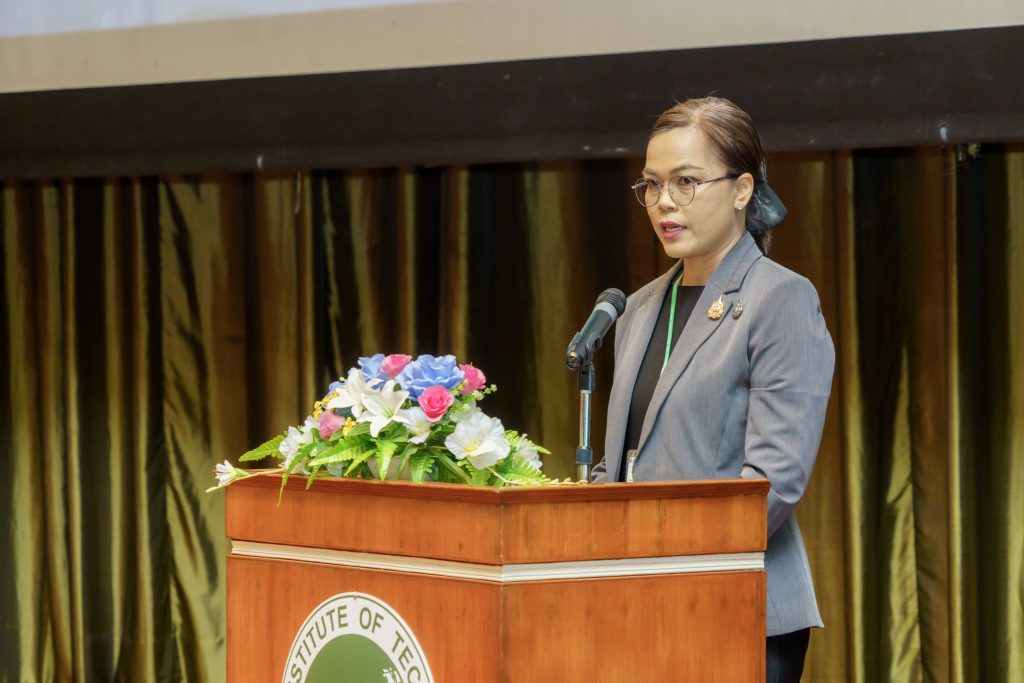
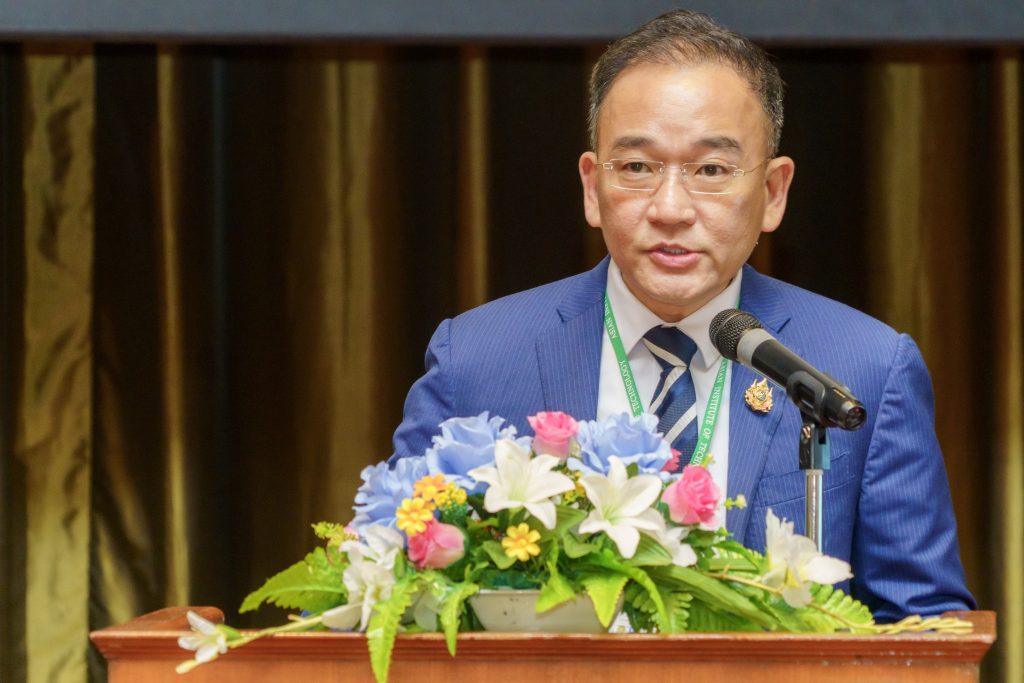
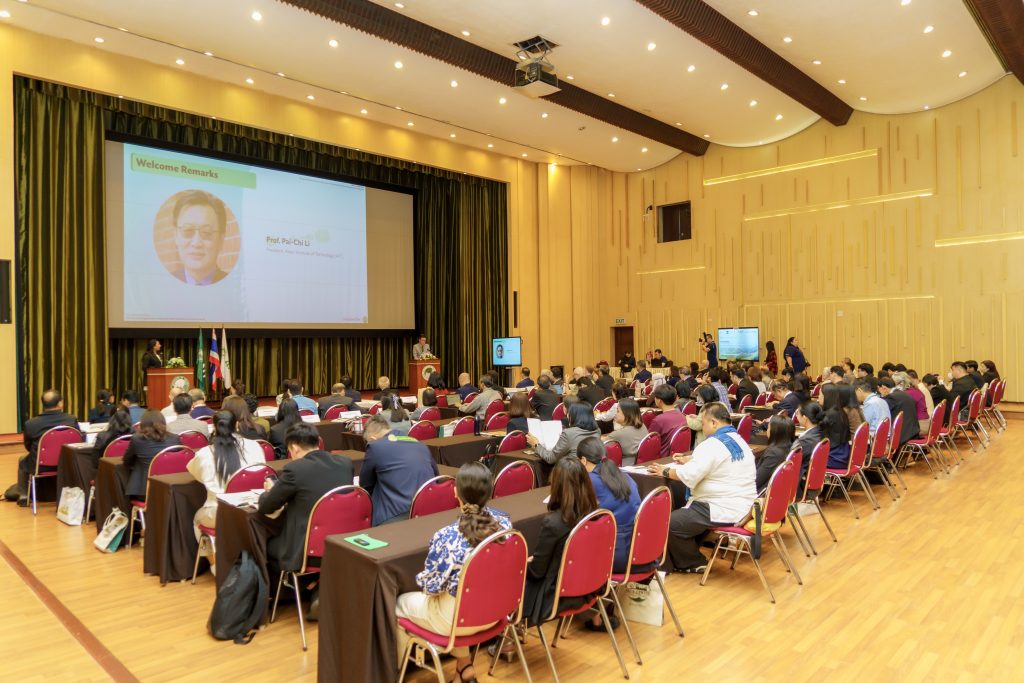

Source: Asian Institute of Technology
